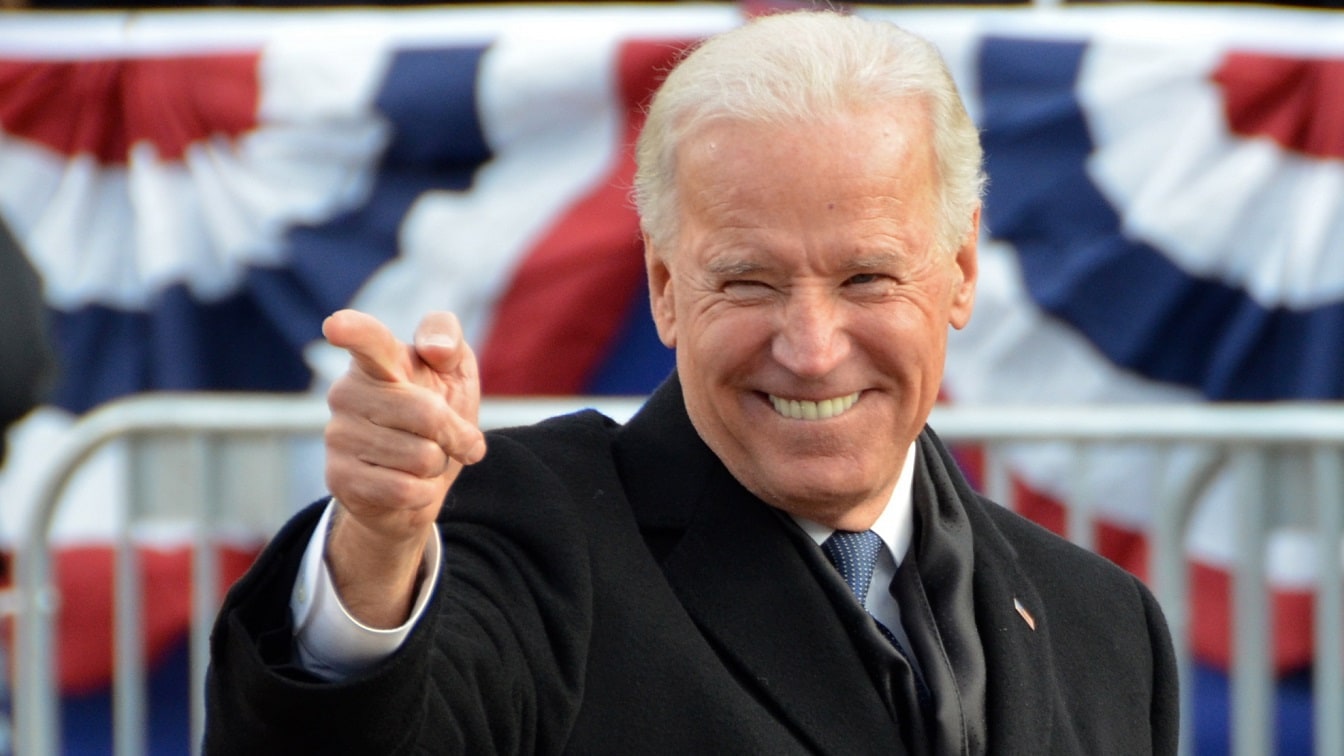Then-President Donald Trump famously attempted in 2020 to ban TikTok, later attempting to broker a deal to sell the social media company’s U.S. operation to Oracle. Trump never followed through with the ban, which was formally reversed by President Biden after he took office in 2021.
More recently, one member of the FCC, Brendan Carr, has frequently called for the social media app to be banned and has called on the Council on Foreign Investment in the U.S. (CFIUS) to act against the Chinese-owned app.
“I don’t believe there is a path forward for anything other than a ban,” Carr told Axios last month.
In addition, several states have instituted crackdowns against TikTok, taking such actions as banning the app from state-issued devices, while the State of Indiana sued the company earlier this month.
TikTok: A Ban Coming?
On Tuesday, a group of 15 state attorneys general, led by Montana’s Austin Knudsen, called on Apple and Google to “correct their application store age ratings of TikTok,” calling the app “a Chinese Trojan horse, feeding harmful and adult content to children.”
Trump was a Republican president, Carr is a GOP appointee, and most of the states that have cracked down on TikTok have been Republican-led.
But there is some degree of bipartisan support for banning TikTok, as shown in a new bill recently introduced in Congress.
The bill is called Averting the National Threat of Internet Surveillance, Oppressive Censorship, and Influence, and Algorithmic Learning by the Chinese Communist Party Act (ANTI-SOCIAL CCP Act), and it has been introduced by Sen. Marco Rubio (R-FL) in the Senate, and Reps. Mike Gallagher (R-WI) and Raja Krishnamoorthi (D-IL).
It would work, CNN reported, by acting to “block and prohibit all transactions” by social media companies with over a million monthly users that are either based in or under the “substantial influence” of such countries as “the People’s Republic of China, Russia, Iran, North Korea, Cuba, and Venezuela,” per the text of the bill. TikTok would appear to be the only existing social media entity that meets those conditions.
“The federal government has yet to take a single meaningful action to protect American users from the threat of TikTok,” Sen. Rubio said in a release announcing the bill. “This isn’t about creative videos — this is about an app that is collecting data on tens of millions of American children and adults every day. We know it’s used to manipulate feeds and influence elections. We know it answers to the People’s Republic of China. There is no more time to waste on meaningless negotiations with a CCP-puppet company. It is time to ban Beijing-controlled TikTok for good.”
Rep. Gallagher, in the same release, went on to denounce TikTok as “digital fentanyl that’s addicting Americans, collecting troves of their data, and censoring their news.”
Rubio and Gallagher, in November, had proposed such a ban in a Washington Post op-ed, in which they tied a ban to “a new Cold War with the Chinese Communist Party.” They also called TikTok “a major threat to U.S. national security,” while criticizing President Biden for meeting with TikTok influencers ahead of the midterm elections.
Will It Happen?
It’s unclear if the legislation has any chance to pass during the waning days of the current Congress, although it could certainly be reintroduced next year. There’s not much indication that the leadership in either house of Congress is prioritizing such a ban.
In addition, the logistics of such a ban are unclear- would it merely be banned from App stores for the purpose of new downloads or be removed altogether?
Whether Congress even has the power to ban a smartphone app is also an unclear Constitutional question. TikTok, back in 2020, sued the Trump Administration, alleging that its proposed TikTok ban was unconstitutional, although that was an executive action and not an act of Congress.
Writing in Reason, Elizabeth Nolan Brown made the case against such a ban, calling it “unworkable and unnecessary.”
“Fears about TikTok are overblown, and any real threats can be mitigated by way less drastic measures than banning ByteDance (TikTok’s parent company) from doing business here,” Brown wrote. “The whole thing seems like an exercise in getting publicity rather than an actual attempt at good governance… It would be different if the U.S. had proof that ByteDance was acting as an arm of the Chinese government, or that random people using TikTok was actually a national security threat. But anti-TikTok politicians never offer such proof or any evidence to this effect. It’s all speculation and hypotheticals.”
There’s one other consideration: TikTok is incredibly popular among young Americans, which means potential political blowback for politicians associated with its ban.
Stephen Silver is a Senior Editor for 19FortyFive. He is an award-winning journalist, essayist and film critic, who is also a contributor to the Philadelphia Inquirer, the Jewish Telegraphic Agency, Broad Street Review and Splice Today. The co-founder of the Philadelphia Film Critics Circle, Stephen lives in

